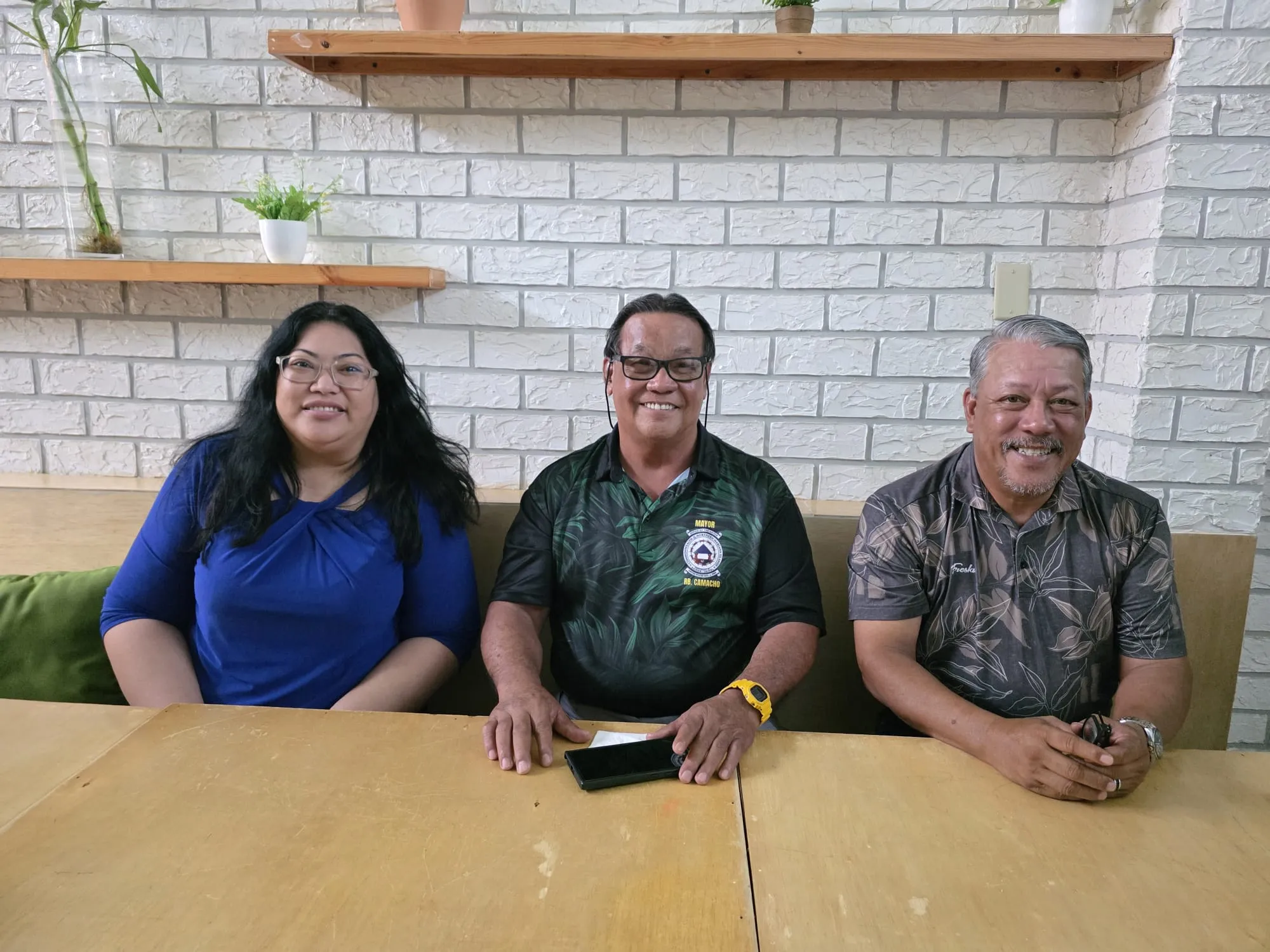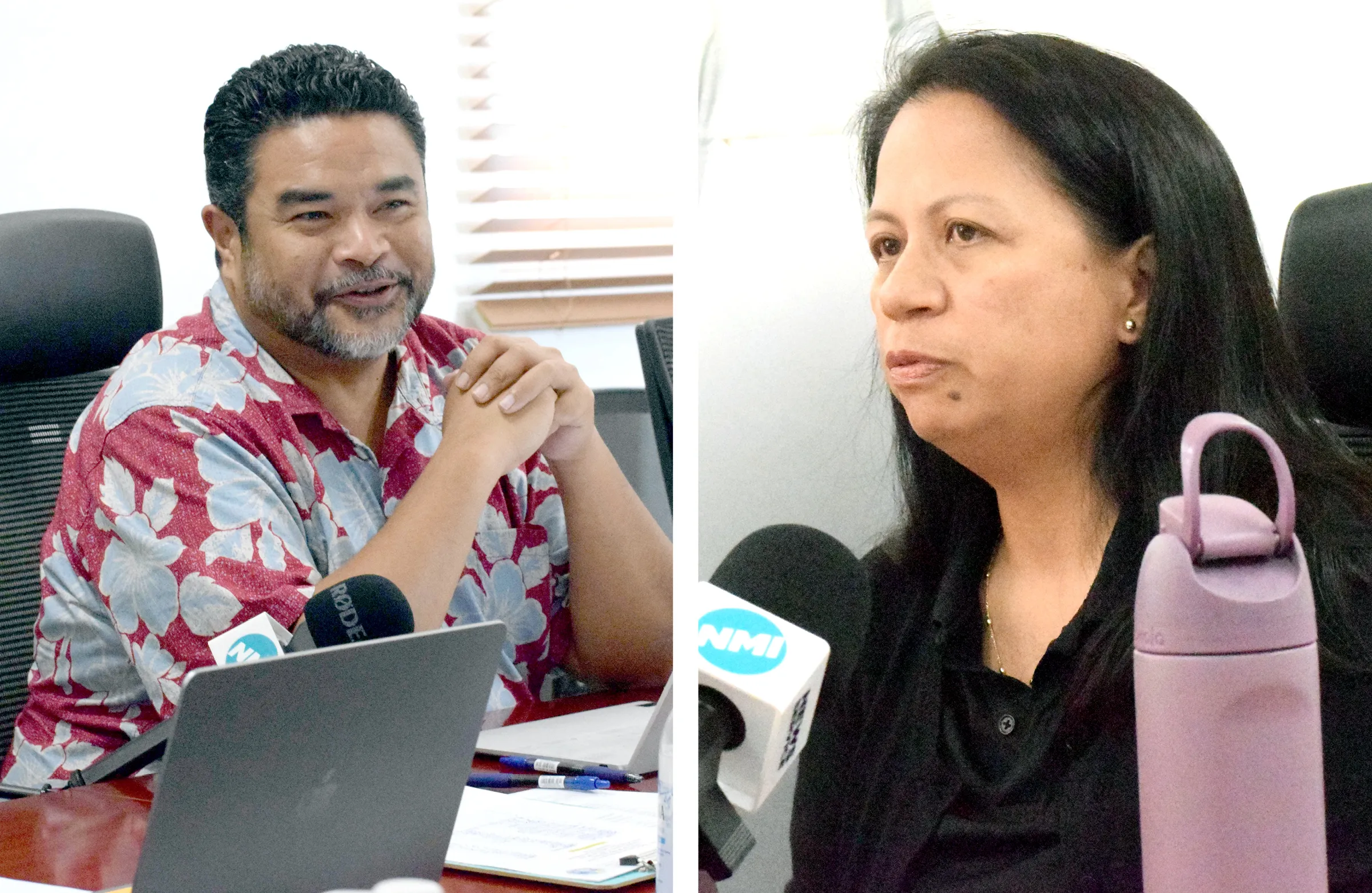The long and short of it
FOR ordinary citizens, the key question in the case of CNMI vs. Shayne Blanco Villanueva was whether CNMI law trumps the U.S. constitutional right to remain silent. The case wasn’t about the alleged corruption involving the BOOST program. The defendant was charged with contempt of the Legislature for invoking the Fifth Amendment when asked by a House committee questions related to BOOST.
As the judge presiding over the case himself has said, because the program involved federal funds, federal authorities should look into the corruption allegations. These were first brought up by the CNMI House of Representatives in the latter part of 2022.
On Jan. 24, 2023, in a news release, the chair of the House Committee on Judiciary and Governmental Operations stated that after conducting several legislative fact-finding hearings pertaining to BOOST, the House had “transmitted documents and recordings to several CNMI investigative agencies, including the Office of the Public Auditor and the Office of the Attorney General….” On the federal side, “in response to the facts initially brought to light by the [House], the Federal Bureau of Investigations recently executed a subpoena at the Bank of Saipan. The FBI’s seizure of substantial documents has resulted in the suspension of the BOOST program.” Since then, there have been no updates on any federal investigation into the BOOST program.
Over the past two years, a House investigating committee convened and conducted additional hearings targeting a former Finance secretary and former BOOST program contractors. Four individuals — including Mr. Villanueva — were found in contempt of the Legislature for pleading the Fifth. So far, however, only Mr. Villanueva has been charged, and he was acquitted in a bench trial.
As in most public controversies, the personalities and politics involved have clouded the real issue at hand — which is a constitutional right that, we reiterate, should be of paramount importance to the people of this small, politically saturated and litigious community. After all, legislative majorities come and go, and those in power today may be ousted tomorrow. Eventually, they, too, and their associates may find themselves in lawfare’s crosshairs.
‘Who’s next?’
THAT was the question in April 2024 after the Japanese company managing the Hyatt announced that they were, well, abandoning the island due to “the harsh realities of the current landscape.” And what was that landscape? In November 2023, the Saipan Chamber of Commerce and the Hotel Association of the NMI informed lawmakers that the tourism industry was in a “desperate mode.” Tourist arrivals and hotel occupancy rates were — and still are — way below pre-pandemic levels. According to industry stakeholders, the China market, the islands’ second largest, is the “missing link.” There are still no direct flights from mainland China to Saipan. And MVA, which receives occupancy tax revenue from hotels to fund the CNMI’s off-island promotions, is not promoting the islands in mainland China. Why? Because of the governor’s “pivot” policy — for which he has no mandate. But a majority of MVA board members are gubernatorial appointees so they have to, as an MVA official said, “respect” the governor’s wishes.
And what did the governor say about the consequences of his pivot policy? In a March 2023 letter to a U.S. military official, he said the loss of the Chinese market “has had a considerable adverse economic and financial impact on the Commonwealth.” In a January 2024 interview with the Voice of America, the governor was asked about the lost income from the Chinese tourism market. “It’s very significant,” he said. “We’ve had to make drastic sacrifices in government operations and public services. People are leaving the Commonwealth because of the depressed state of the economy right now, because of the major impact of losing close to half-a-billion to a billion dollars’ worth of economic activities.”
These are the governor’s own statements — not those of the chamber of commerce, HANMI, or his political opponents. His own statements.
One more down
ON Wednesday, DFS confirmed that it was shutting down its stores on Saipan. Compare its official statement with the press release from the governor’s office and you will find a textbook example of what is known as “political spin.”
The governor, in any case, said that DFS’ departure “underscores the CNMI’s need for us to diversify our economy and not solely rely on one industry.” Sure. But since the establishment of the Commonwealth in 1978, its leaders have tirelessly and repeatedly expressed the need for diversification. Forty-seven years later, how is that going so far?
Pursuing diversification at any rate does not mean neglecting the only industry we have now. While the administration continues to “work closely with and attract businesses and investors who share the vision for a vibrant, sustainable, and resilient CNMI,” how will the government pay for its annual obligations — including a $51 million bank loan —when the islands’ only industry is still in the doldrums?
A tourism-based economy needs more tourists not political pabulum. And a government that cannot collect enough revenue must cut spending rather than impose higher or additional taxes on already struggling taxpayers.









